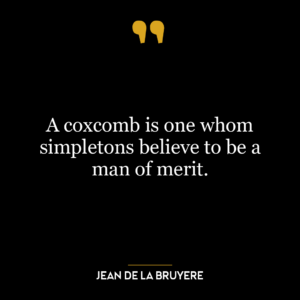This quote emphasizes the dual purpose of coaching – to not only secure victories but to do so while upholding the highest standards of integrity. In essence, it underscores the importance of ethical conduct and fair play in the pursuit of success. The win-at-all-costs mentality is rejected here in favor of a more balanced approach that values both the outcome and the process.
Winning in this context is not just about outscoring the opponent but achieving personal and team growth, enhancing skills, and fostering positive attitudes. The “integrity” part of the quote suggests that victories should be achieved through honest means, respecting the rules of the game, treating opponents with dignity, and maintaining a sense of humility and sportsmanship.
Applying this idea to today’s world, it’s clear that the principle extends well beyond the sports field. In business, for example, leaders can strive to win – or succeed – with integrity by promoting ethical practices, treating all stakeholders fairly, and prioritizing long-term sustainability over short-term gains. In politics, winning with integrity might mean focusing on serving the public interest and upholding democratic values, rather than simply striving for power.
In terms of personal development, this quote encourages individuals to pursue their goals in a manner that respects others and stays true to their own values. Success achieved through cheating, lying, or hurting others is not true success. Instead, individuals should strive to improve themselves and achieve their objectives in a way that they can be proud of, regardless of whether they “win” or “lose” in conventional terms. This approach promotes self-respect, personal growth, and genuine satisfaction.








